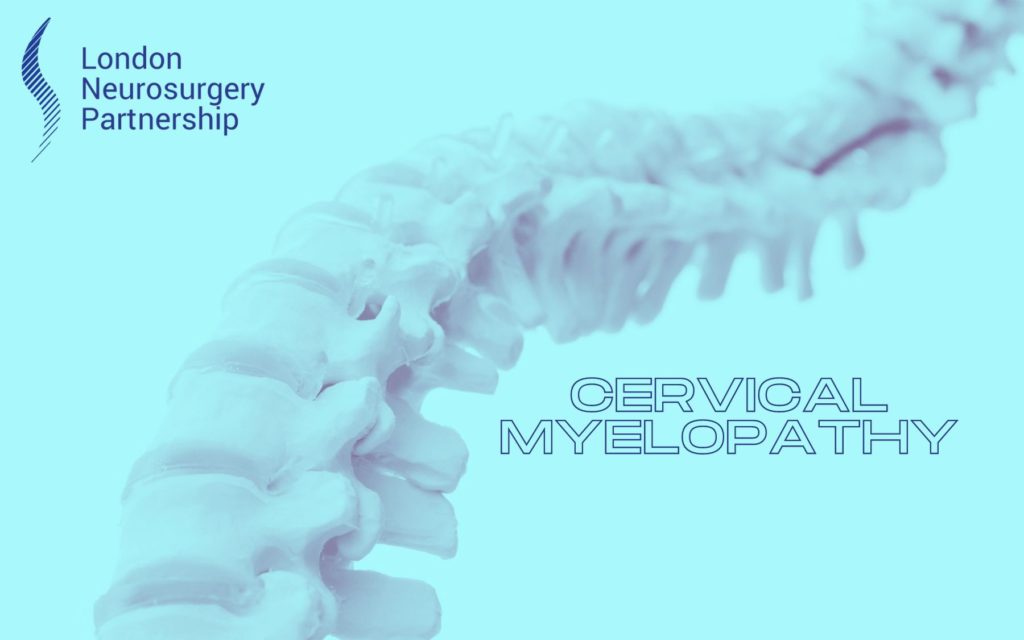
A posterior fossa tumour is a type of brain tumour that develops at the base of the skull, by the brainstem and the cerebellum. This small part of the brain is responsible for movement, and vital functions including breathing.
The exact cause of this tumour is unknown however, they often arise from the meninges which is a layer of tissue that covers the brain and spinal cord. Although these tumours are often benign and slow-growing, they can cause severe symptoms when they begin to put pressure on sensitive parts of the brain.
The symptoms associated with the posterior fossa tumour will differ depending on the size and location of the tumour. Some of the most common symptoms include:
- Double vision
- Changed hearing
- Facial pain or numbness e.g trigeminal neuralgia
- Headaches
- Walking problems
- Nausea
- Vertigo
- Problems with balance
If you are experiencing any of these issues, it is likely that your GP will refer you for some scans. This will usually include an MRI which will help to show up any abnormalities and confirm a diagnosis. In lots of cases, a posterior fossa tumour can be found incidentally; this means that it is found when during a scan for something else.
Depending on the growth of the tumour and the severity of symptoms, the tumour will either be surgically removed or left and monitored regularly. There are different surgical techniques that can be used to remove a posterior fossa tumour. You will go over all of this information with a consultant neurosurgeon before you go ahead with any surgery.
At London Neurosurgery Partnership, Mr Nick Thomas is the skull-based specialist. If you have recently been diagnosed with a posterior fossa tumour and would like to speak to our team please contact us
This article is intended to inform and give insight but not treat, diagnose or replace the advice of a doctor. Always seek medical advice with any questions regarding a medical condition.






0 Comments